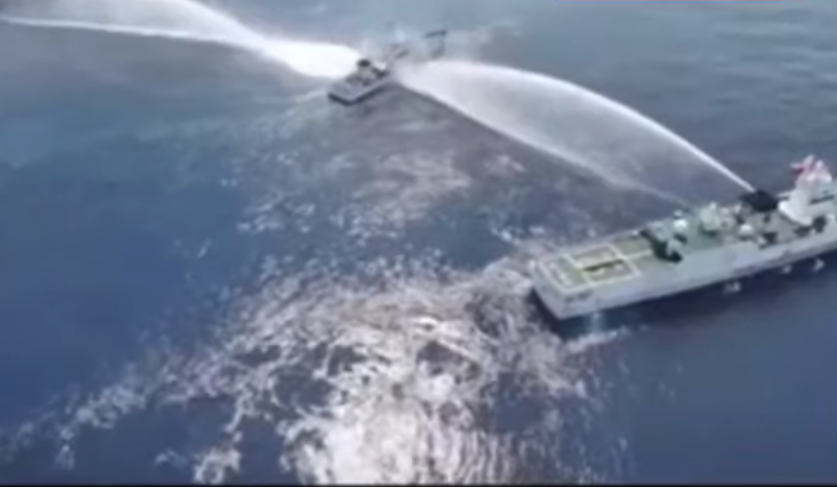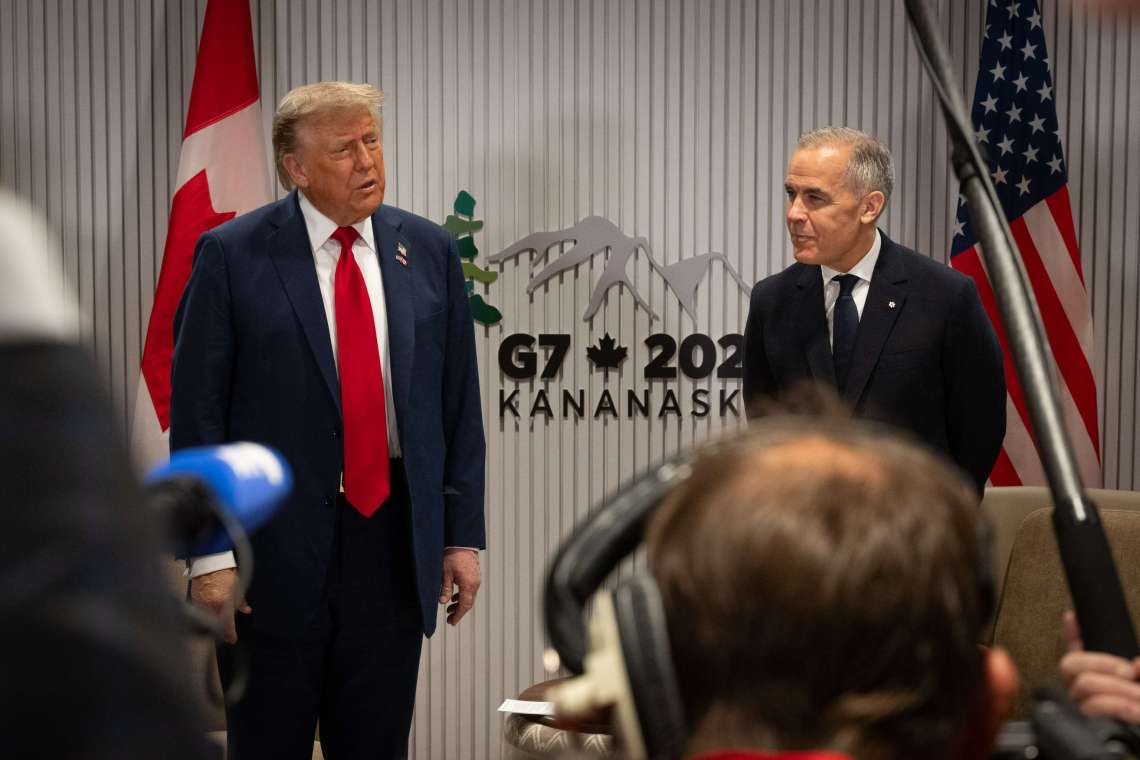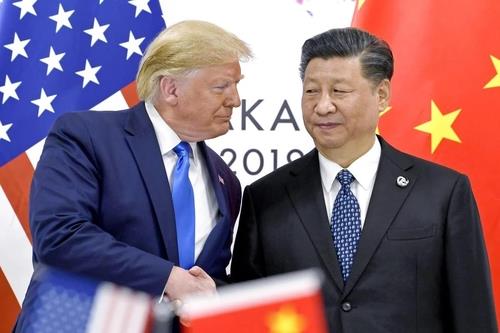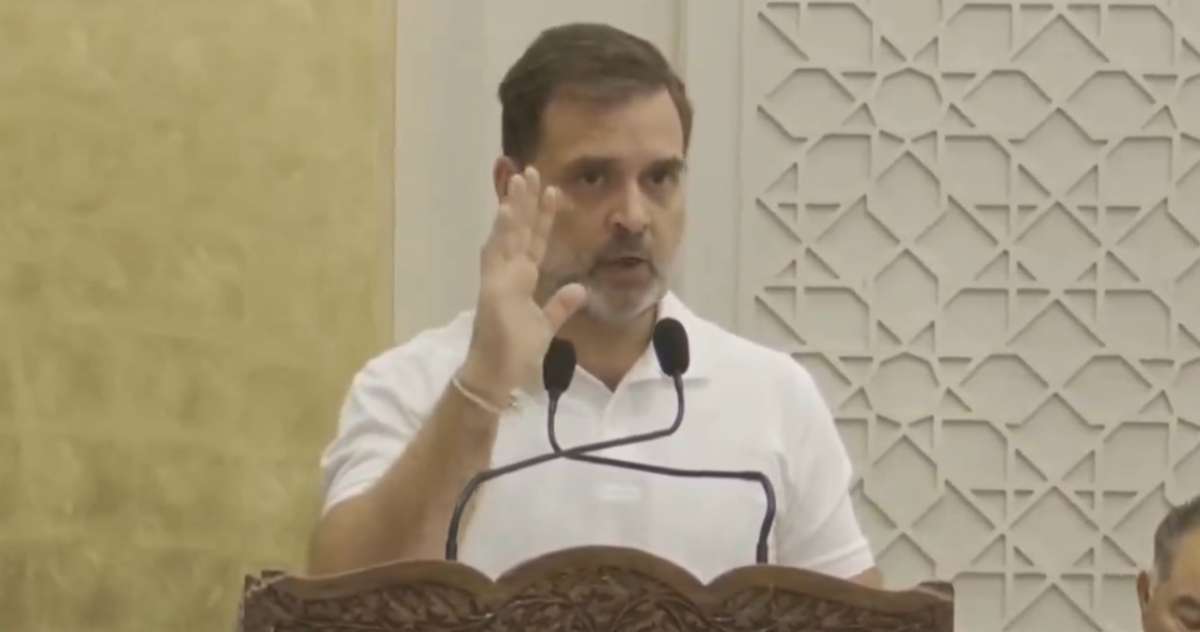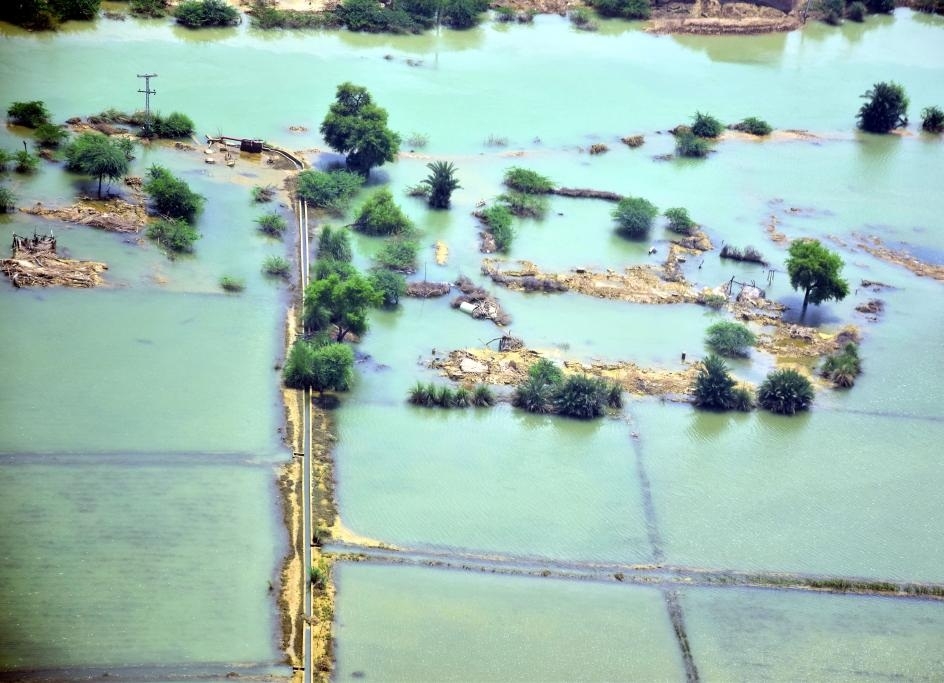The US response followed accusations from both China and the Philippines of ships ramming each other….reports Asian Lite News
Amid growing tension in the South China Sea between China and the Philippines, US State Department spokesperson Matthew Miller condemned China’s aggressive actions.
In a post on X, Miller stated, “The United States stands with our Philippine allies and condemns the dangerous and escalatory actions by the PRC against lawful Philippine maritime operations near Sabina Shoal in the South China Sea.”
The US response followed accusations from both China and the Philippines of ships ramming each other. On August 29, 2024, the Philippine Coast Guard reported that a Chinese vessel had “deliberately rammed” one of its ships three times near Sabina Shoal, a feature in the Spratly Islands.
The ongoing tensions between China and the Philippines in the South China Sea have intensified recently, with both nations accusing each other of provocative actions. The dispute centres around the South China Sea’s strategic and resource-rich waters, which are claimed in part or in whole by several countries, including China, the Philippines, Vietnam, Malaysia, and Brunei.
Recent tensions between China and the Philippines have heightened significantly, primarily due to ongoing disputes in the South China Sea. The conflict centres around conflicting territorial claims, with China asserting dominance over almost the entire sea based on its “nine-dash line,” while the Philippines relies on the United Nations Convention on the Law of the Sea (UNCLOS) to justify its exclusive economic zone (EEZ).
In July 2016, an international tribunal in The Hague ruled in favour of the Philippines, invalidating China’s extensive claims, but China dismissed the decision and persisted in its activities in the disputed waters. By April 2020, reports emerged of increased harassment by Chinese vessels against Philippine fishing boats and military ships. The situation further escalated in March 2021, when the Philippines protested the presence of numerous Chinese fishing boats in the Whitsun Reef, prompting international concern over China’s aggressive maritime actions.
Tensions continued into April 2022, when a Chinese coast guard ship reportedly used water cannons against a Philippine resupply mission near Ayungin Shoal, leading to intense diplomatic exchanges. (ANI)

‘China wants Taiwan for regional hegemony’
China’s aim of annexing Taiwan is not driven by concerns for “territorial integrity” but as part of its goal to “transform the rules-based global order” and “achieve hegemony in the western Pacific region and internationally,” Taiwan’s President Lai Ching-te said in an interview with Taiwanese local media.
According to a report in Focus Taiwan, Lai, who was speaking in an interview on cable TV network ERATV broadcast on Sunday evening, said if China’s claims on Taiwan were really about territorial integrity, why “don’t they take back the land that was signed away and occupied by Russia in the Treaty of Aigun?”
The Taiwanese president was referring to the 1858 treaty signed by the Qing dynasty that ceded around 600,000 square kilometres of land in Manchuria to the Russian Empire.
China has laid claim to Taiwan, which it views as its own territory while the government of the self-governed island has rejected the claims.
The interview, according to Focus Taiwan, dwelled mostly on issues related to Taiwan’s sovereignty and Taiwan’s position vis-a-vis growing Chinese assertiveness in the Asia-Pacific region.
Lai was cited by the publication as reiterating his government’s opposition to the so-called “1992 consensus,” which the opposition Kuomintang in power at the time, has described as a tacit agreement with the Chinese Communist Party that there is only one China, with each side free to interpret what that means.
The consensus was used as a formula to facilitate talks and closer ties between Taiwan and China when the KMT was in power from 2008 to 2016, but Lai’s Democratic Progressive Party (DPP) has never accepted it.
Lai stated in the interview that Taiwan “absolutely cannot accept the ‘One China’ principle of the ‘1992 consensus'” because that would “be equivalent to transferring Taiwan’s sovereignty” to China.
Lai also noted Taiwan’s cooperation with various “democratic camp” alliances, such as the Quadrilateral Security Alliance (QUAD), AUKUS, and the Five Eyes Alliance that he said are “increasingly standing together.” (ANI)
ALSO READ: Defence Ministry to take up mega warship, battle tank projects


